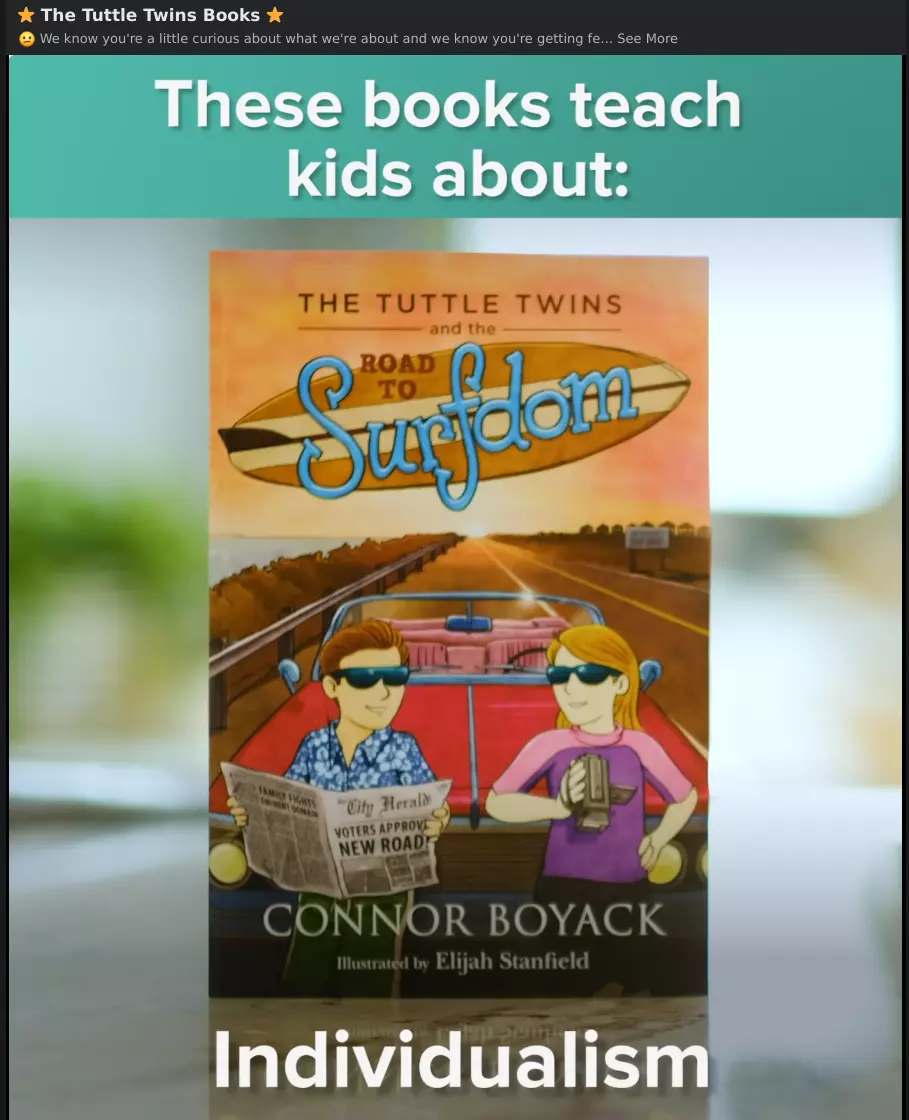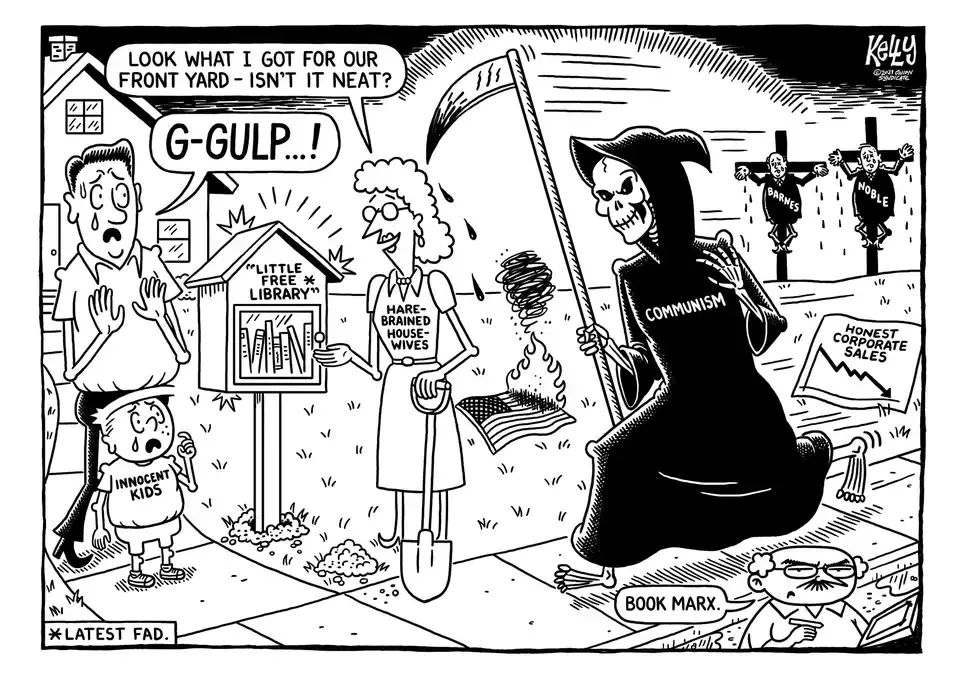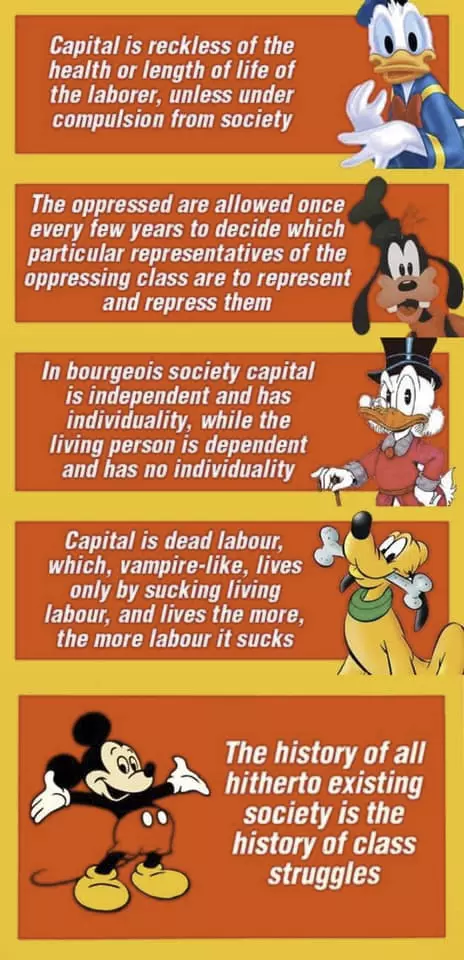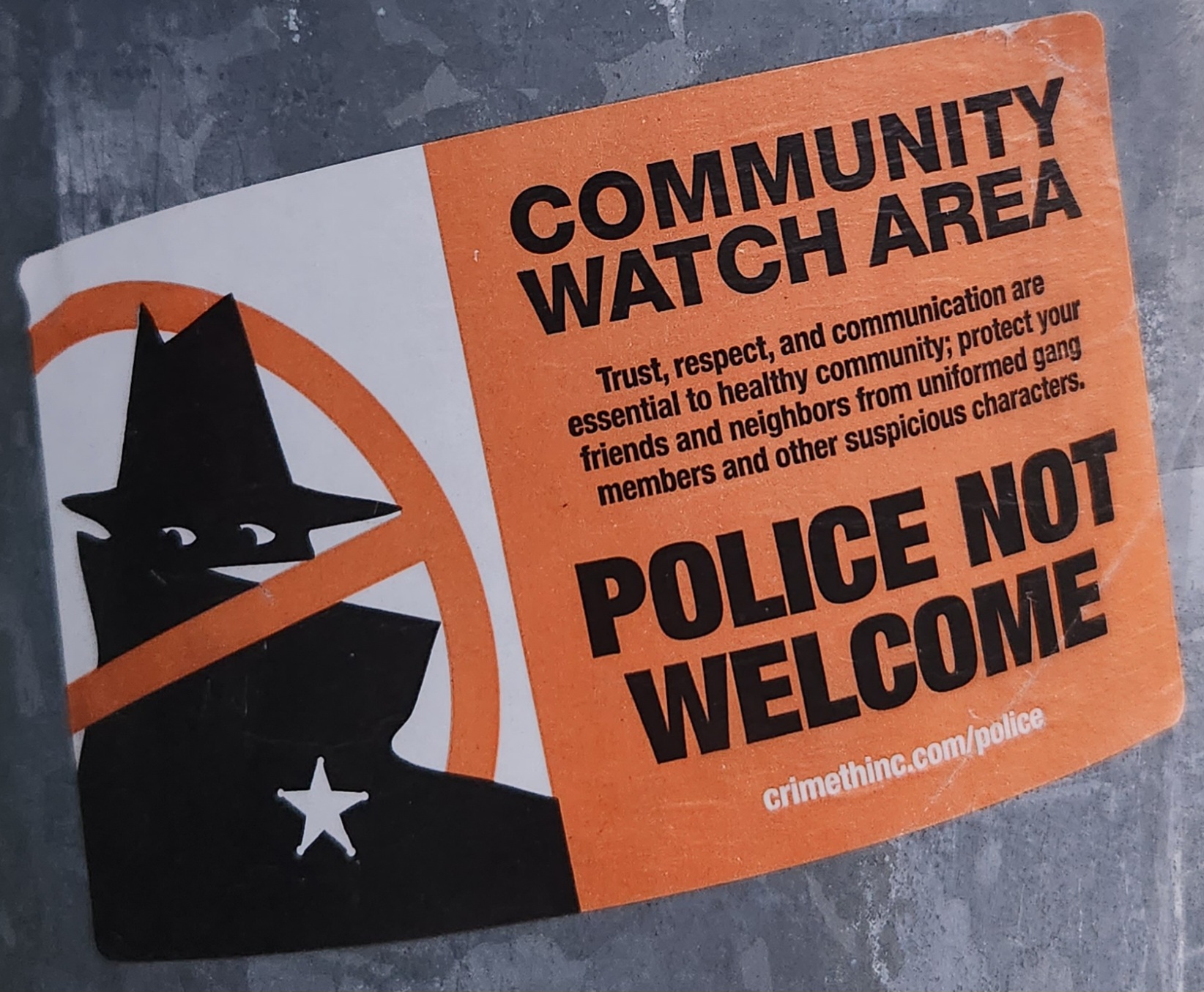“What we saw here was a mass Hannibal. There were many openings in the fence, thousands of people in many different vehicles with hostages and without.”
Amid the confusion, twenty-eight Israeli combat helicopters fired all of the ammunition they were holding, including hundreds of 30 mm explosive shells and Hellfire missiles, during the course of the day.

 DotB
DotB DotP
DotP












https://www.youtube.com/watch?v=ICxmHKsRWfI
from the livestream video looks like the entire first two floor plus some of the sidewalk/basement all blew out, that's a significant pressure wave to do that